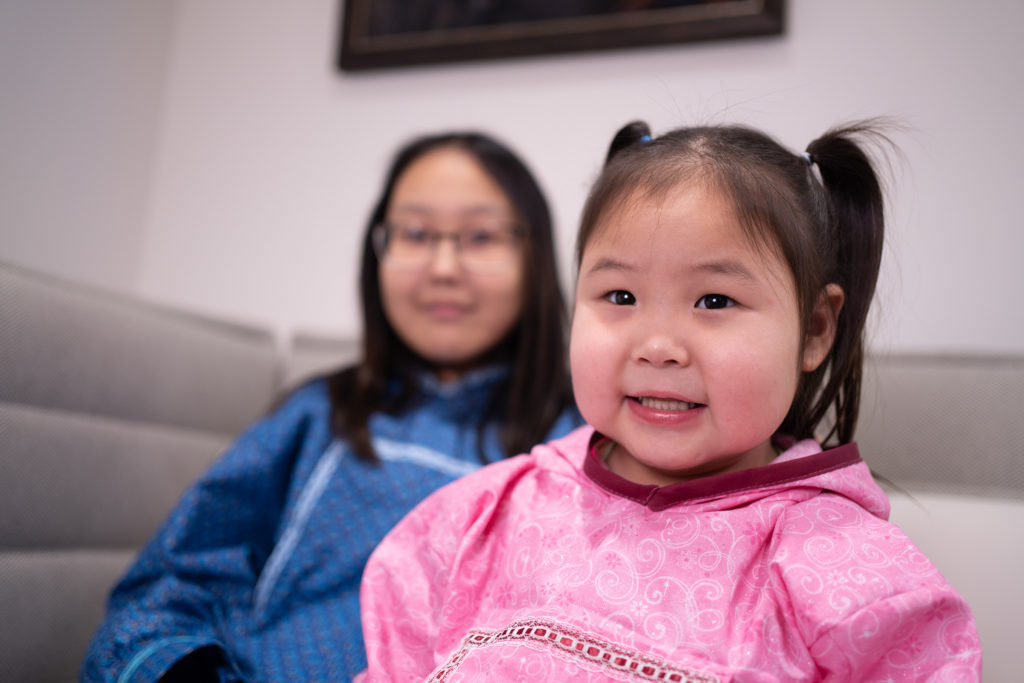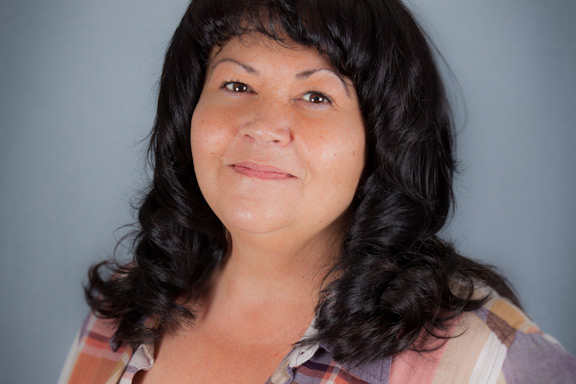
ANJC represents and advises Alaska Tribes in State Child of Need Aid (“CINA”) cases where the Indian Child Welfare Act (“ICWA”) applies. Despite some progress, the State continues to fall far short of fulfilling the promise of ICWA to keep Alaska Native children safe and connected to our Alaska Native cultures. ANJC helps ensure State child protection matters comply with the ICWA.
ICWA is recognized as the gold standard in child welfare practice. The ICWA promotes the best interest of our Alaska Native children by keeping them connected to our cultures, extended families, and Tribes, which are proven protective factors.
All Alaska Tribes with an ICWA case in an Alaska State Court in the Southcentral region are eligible for representation.
Services
We provide:
- Court representation in many areas of the state
- Advice to Tribes statewide
- Training and support for Tribal ICWA Workers
For more information, please contact our ICWA team.
FAQ
The ICWA is a federal law that sets out rules that state courts must follow in child welfare cases where American Indian/Alaska Native children are removed from their home.
The ICWA is designed to keep Alaska Native children connected to their families and Tribes, which serves the best interests of Alaska Native children. The ICWA also recognizes Tribes’ right to participate in these child welfare cases.
The ICWA applies to Alaska Native children that are either:
- a citizen (member) of an Indian tribe; or
- an eligible for citizenship (membership) in an Indian tribe and the biological child of a citizen of an Indian tribe
The ICWA was passed in 1978 because Congress was alarmed by the large numbers of Native children who were being separated from their parents, extended families, and Tribes by states.
Congress intended that ICWA would “protect the best interests of Indian children and to promote the stability and security of Indian tribes and families” (25 U.S.C. § 1902).
ICWA requires the State Child Protection Agency (Office of Children’s Services) to:
- Provide active efforts and resources to try to reunify the family
- Identify a placement that fits under the ICWA preference provisions
- Notify the Native child’s Tribe of the state court case
- Work actively to involve the child’s Tribe in the case
Alaska Native children are more likely to be removed from their home and placed in out of home care. The state ensures that parents and OCS are provided attorneys in Child in Need of Aid (CINA) cases involving the ICWA.
Tribes are the only party not provided an attorney. ANJC ensures the Tribes’ voice is clearly heard in Court.
ICWA is most effective when the Tribe is actively involved in the Court proceedings through a Tribal representative (ICWA worker or attorney).
While an attorney is certainly not required for Tribes to be involved in a child protection proceeding, we believe that a Tribal attorney amplifies the Tribes voice and allows the Tribal ICWA worker to concentrate on assistance to the Tribal family and children.
No. ANJC only represents Tribes. Every parent is entitled to a Court appointed attorney if they cannot afford to hire an attorney.
Yes. We help all 229 Alaska Tribes.


